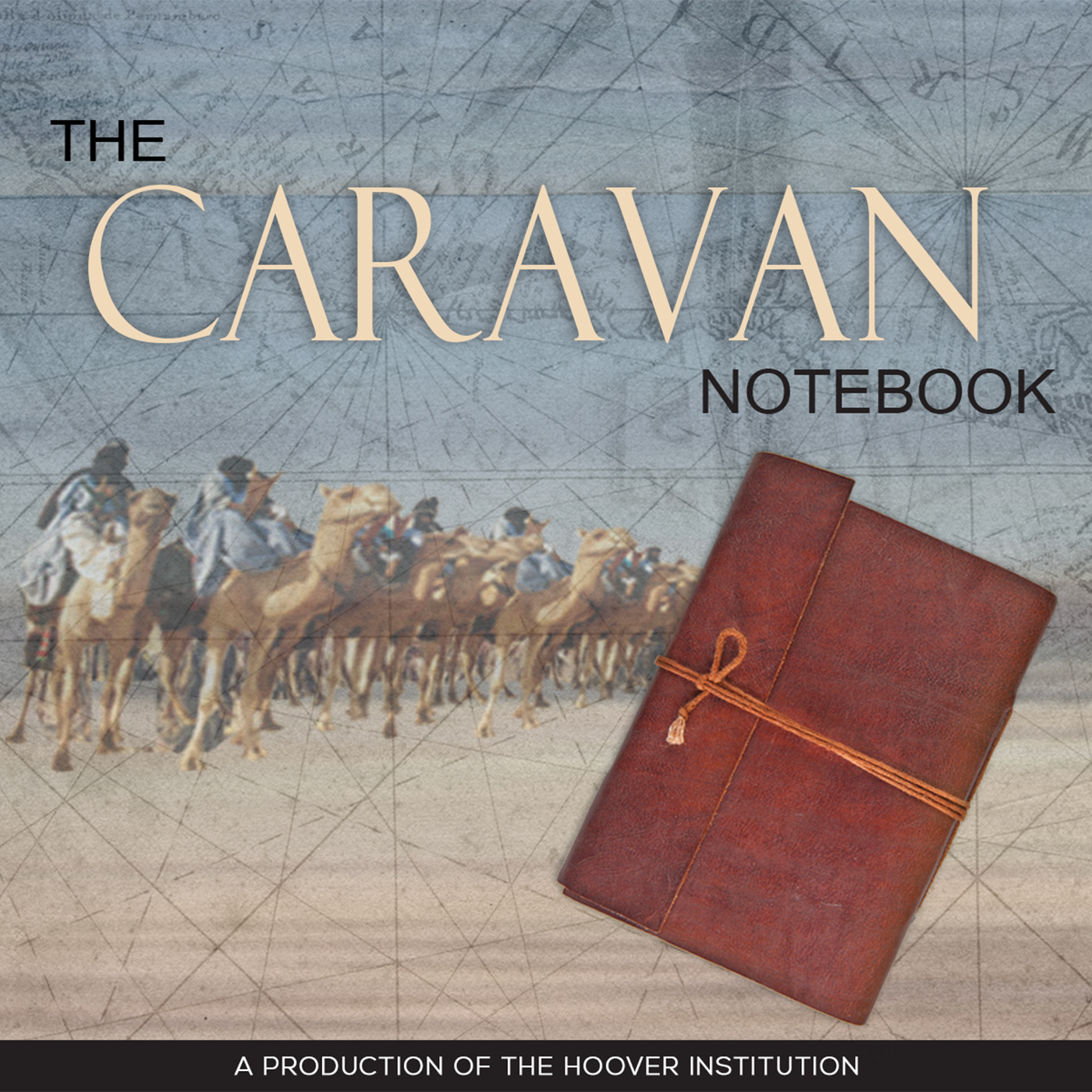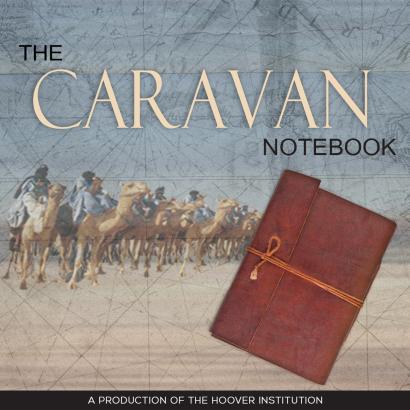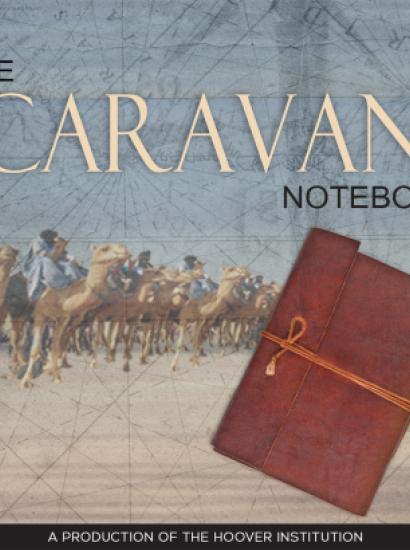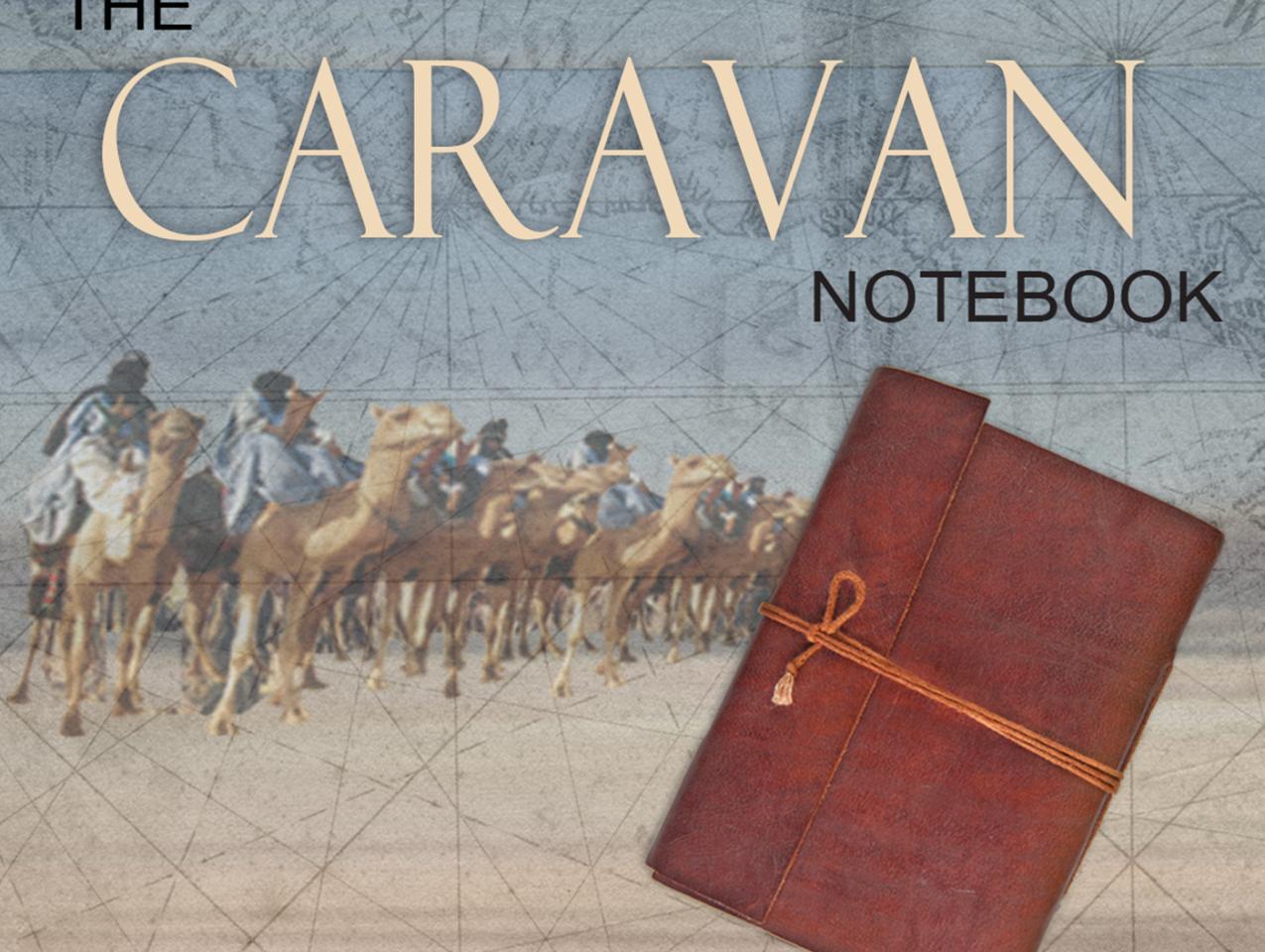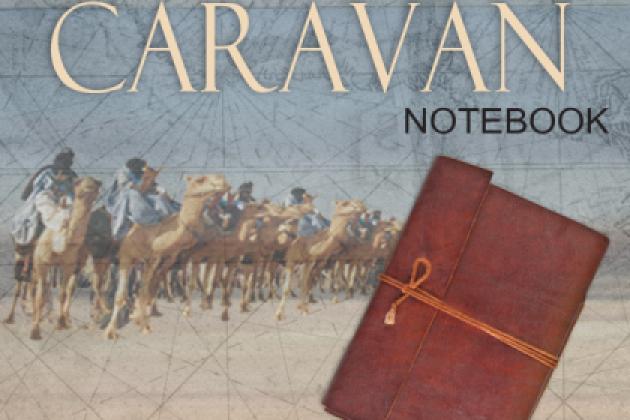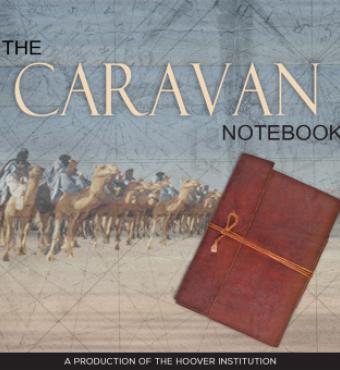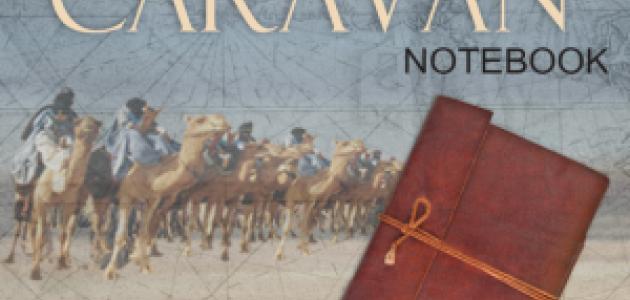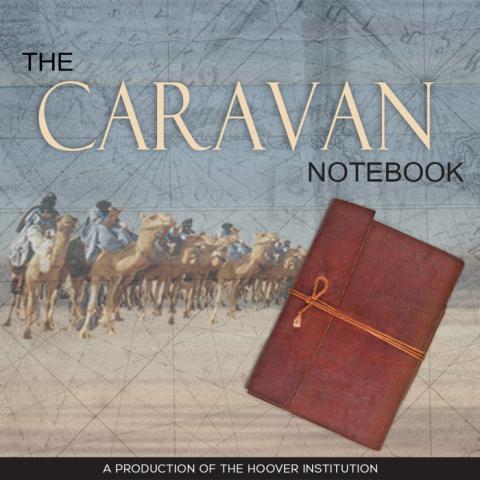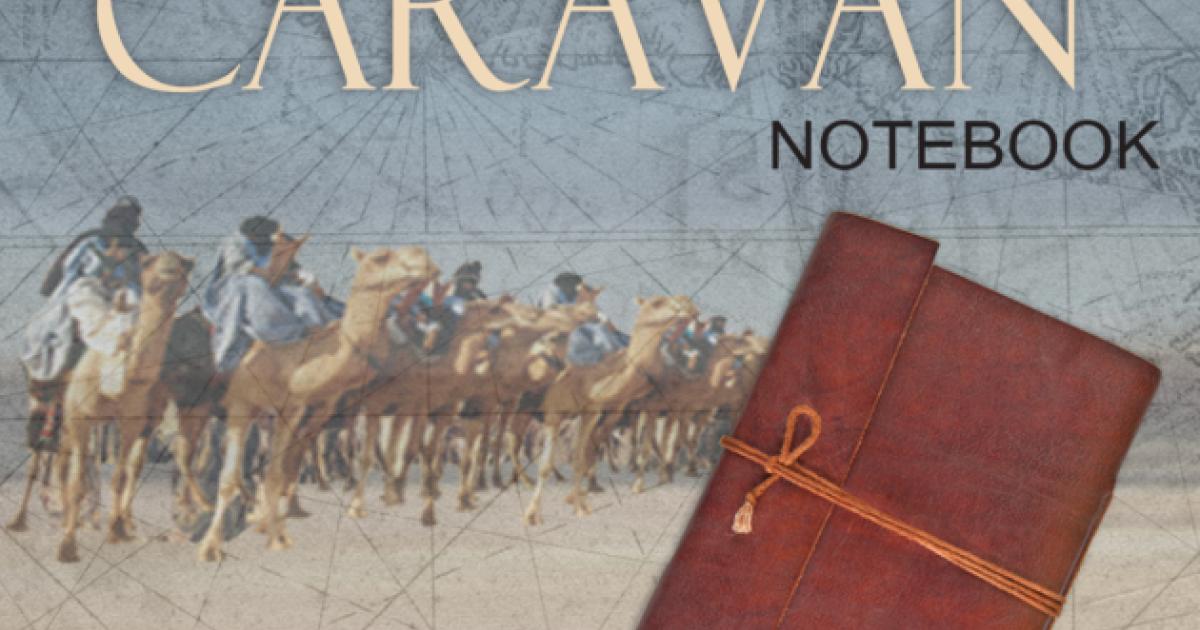- Economics
- Law & Policy
- Regulation & Property Rights
- Budget & Spending
- International Affairs
- Key Countries / Regions
- Middle East
- Security & Defense
- US Defense
- US Foreign Policy
- Terrorism
- History
- Economic
- Military
- Contemporary
- US
- World
- Civil Rights & Race
Paul Wood served as BBC foreign correspondent for twenty-five years and is now a columnist for the The Spectator magazine in London. He has reported from a wide range of locations across the broad Middle East: Afghanistan, Croatia, Bosnia, Macedonia, Chechnya, Libya, Algeria, and Sudan including Darfur. He covered the invasion of Iraq from Baghdad in 2003 and the fighting in the Syrian Civil War from Homs in 2012. He is also a keen observer of the complex situation that has been developing in Lebanon. In the background is the severe economic crisis, in which the currency has lost some 90% of its value, pushing much of the population below the poverty line. The government is drawing down the remaining foreign currency reserves to continue to subsidize some basic commodities, but the political leadership has proven unwilling to undertake the sorts of reforms on which support from the IMF is conditioned. The structure of political power also contributes to an ongoing stalemate, despite the severity of the crisis. The key political blocks are defined in sectarian terms--Sunni, Shia, Druze, and Christian--designed to deliver patronage to their respective clientele. The key actor however is Hezbollah, internationally regarded as a terrorist organization. It plays multiple roles: a social service organization for poor Shia, a proxy for the Iranian regime, a participant in international criminal activities, especially the drug trade, and its self-declared mission to mount the "resistance" to Israel. Recent events testify to growing popular opposition to Hezbollah inside Lebanon, as Lebanon faces further loss of governability, economic implosion, or renewed conflict involving Hezbollah, acting for Iran, and Israel.







